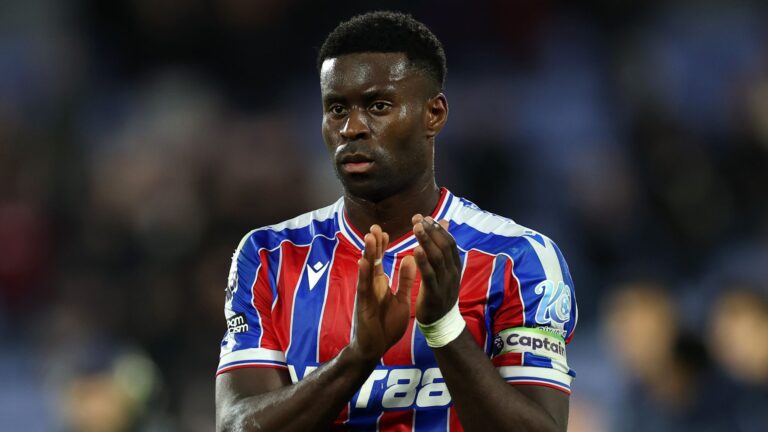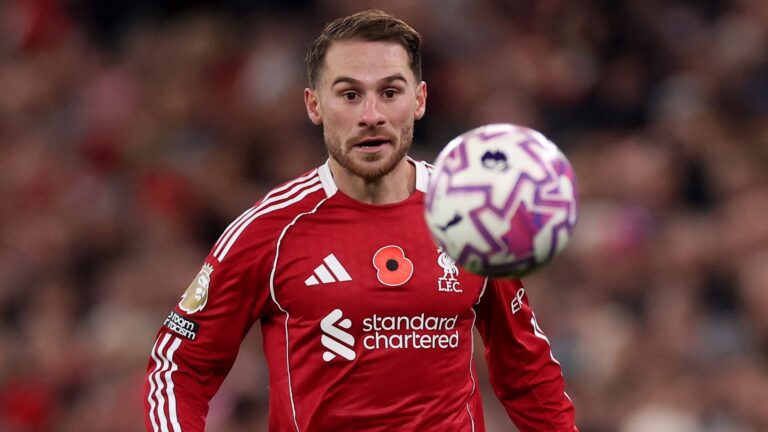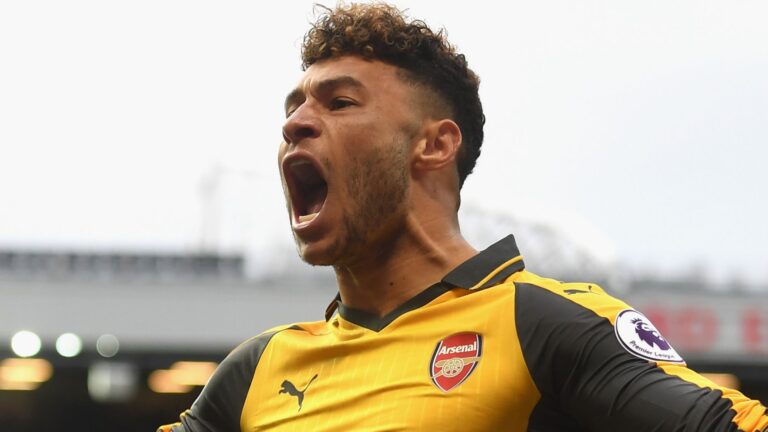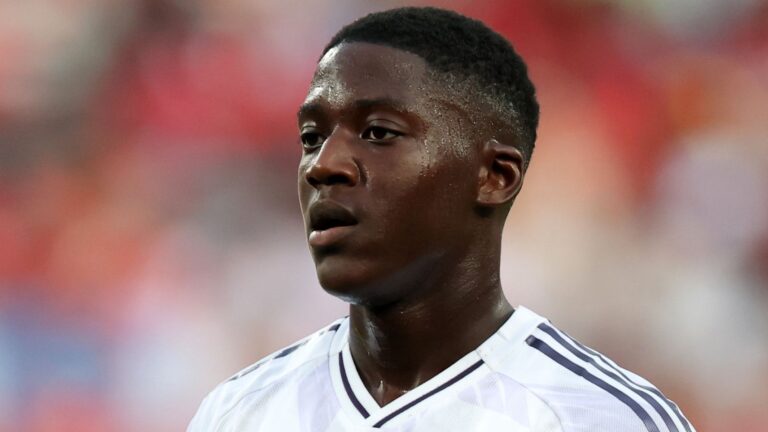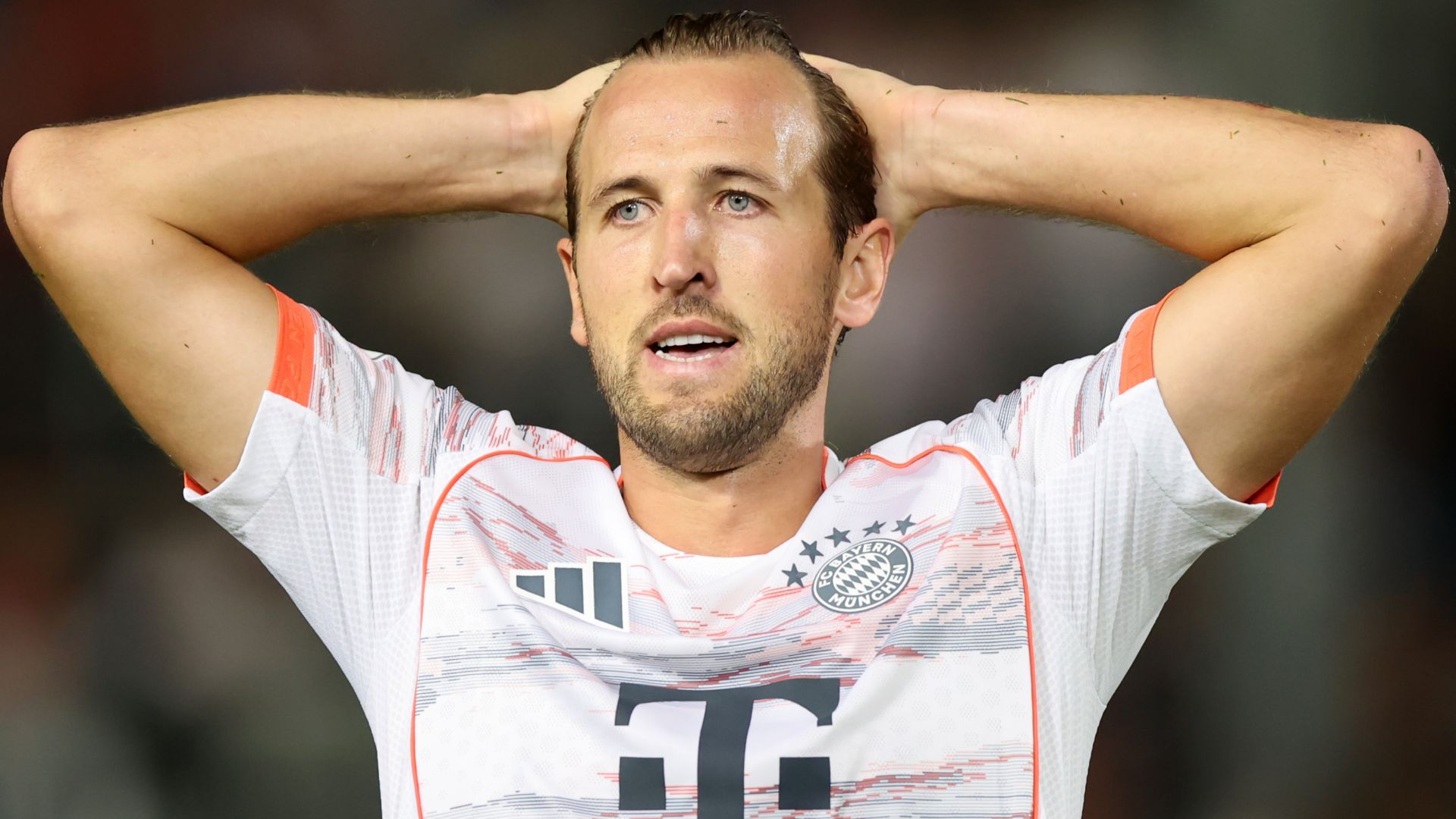
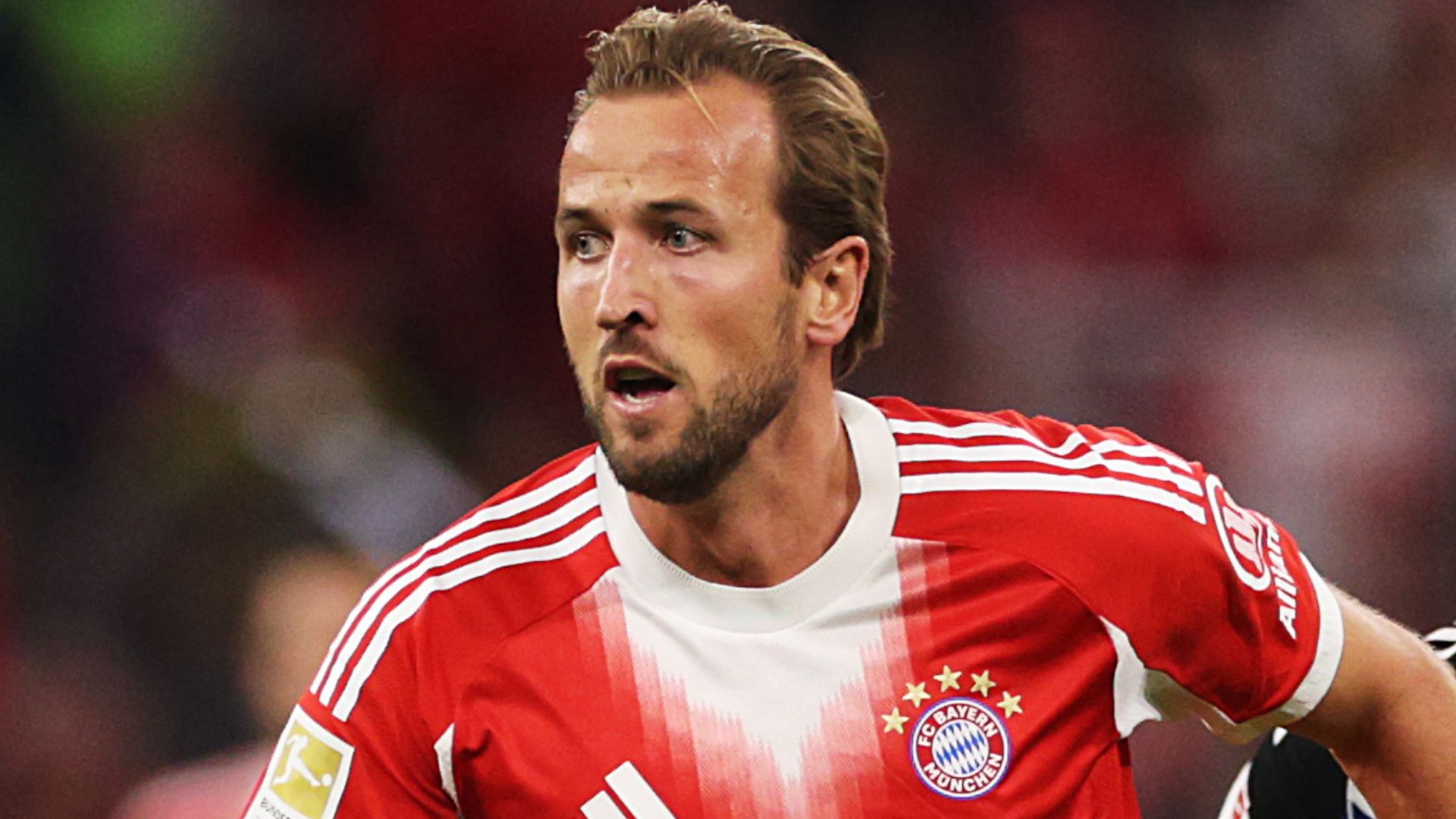
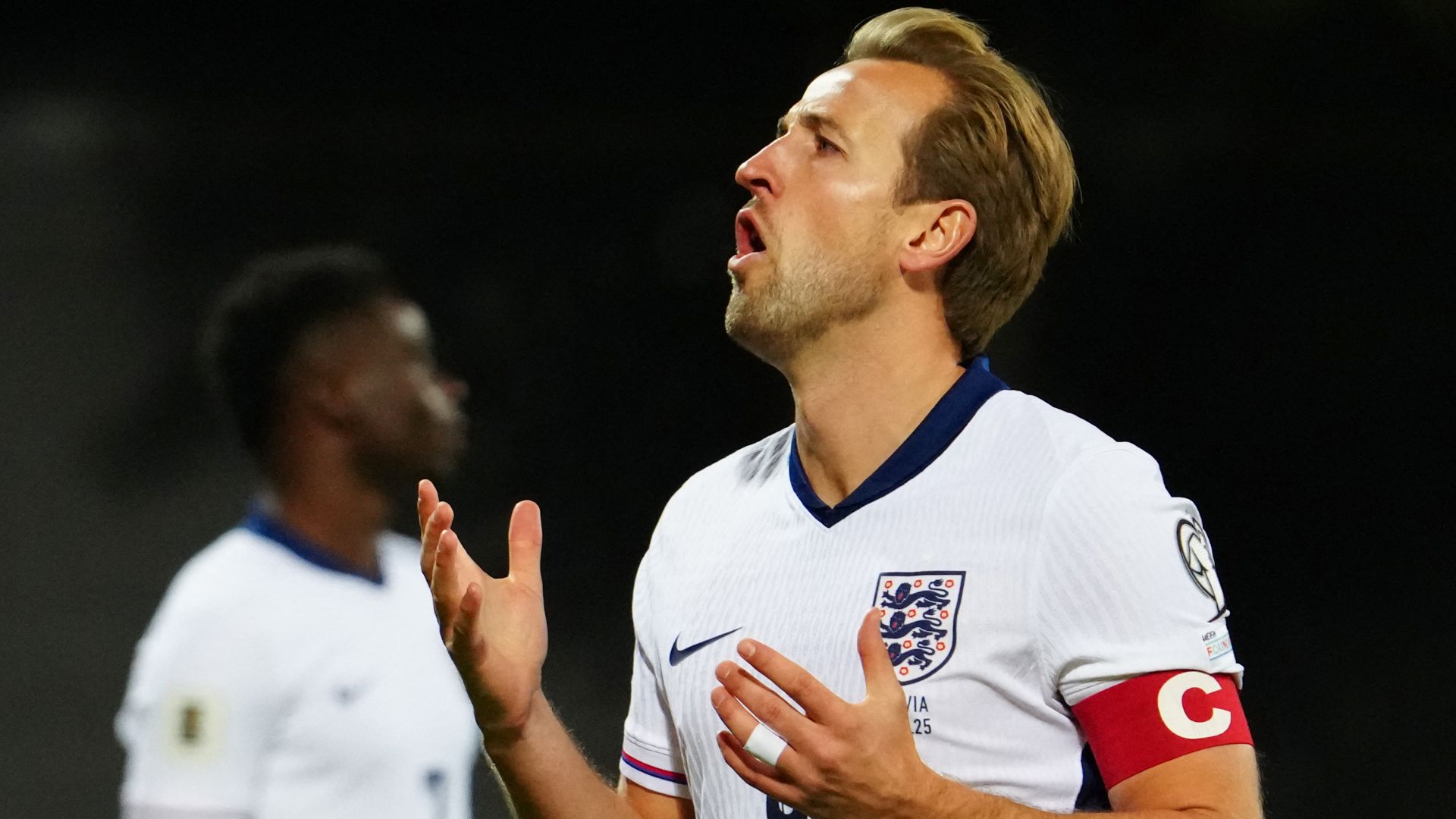
The Hidden Dangers in Harry Kane’s Potential £57m Tottenham Transfer
In the world of football transfers, Harry Kane and his possible move back to Tottenham from Bayern Munich have sparked intense debate, with experts labeling it as a significant gamble. This analysis explores the contractual intricacies, expert insights, and potential downsides, all while highlighting why this decision could reshape the striker’s career path.
Understanding Contract Details and Transfer Triggers
Specific conditions within Harry Kane’s current deal with Bayern Munich might activate during forthcoming transfer windows, paving the way for a potential exit. Reports indicate that if the veteran forward expresses his intent to depart in January, negotiations could swiftly conclude just months later, as the framework for such a transaction is already established.
Exploring Premier League Interest and Record-Chasing Opportunities
Speculation abounds that English clubs may seek to reacquire Harry Kane, enabling him to pursue the all-time scoring milestone held by Alan Shearer in the Premier League. Meanwhile, Tottenham holds the right to counter any offers for their former star, a clause stemming from their hesitant decision to release the homegrown talent in 2023.
Harry Kane’s Success Beyond London and Emotional Ties
Since leaving north London, Harry Kane has realized his ambitions, notably by securing his first major trophy with the Bundesliga championship last season. He has also surpassed the 100-goal mark at Bayern and openly shared that Tottenham will always remain dear to him, blending professional triumphs with personal sentiment.
Expert Perspectives on a Possible Homecoming
Former Tottenham player Danny Murphy expresses skepticism about Harry Kane reversing his path to his old club. In a discussion linked to BetWright and shared with BALLGM, when questioned about the likelihood of such a transfer, Murphy stated: “I’d estimate it’s far lower than even money. Right now, Harry Kane is excelling tremendously, netting goals at an impressive rate and playing for a side that positions him well for Champions League contention. He’s already claimed his inaugural league crown and a trophy to boot.”
Personal and Professional Motivations
Family dynamics often play a role, though they’re impossible to predict fully-much like how another player once yearned to return home after a brief overseas stint, such as a forward who struggled abroad and sought familiarity. For Kane, unknowns about his private life aside, the primary draw to Tottenham might be the adoration from fans or the chance to eclipse Alan Shearer’s record. Purely from a competitive standpoint, however, returning would mainly serve that pursuit.
Broader Career Options and Realistic Assessments
Given his current form, should Kane decide to leave Munich, he could attract offers from teams vying for top domestic prizes and European glory. While a reunion with Tottenham carries a nostalgic appeal, the truth is that the club, despite progress under their manager, might only offer chances at cups like the League or FA variety-essentially a step down from his present stature. At this peak in his career, he has little reason to settle for less.
Evaluating the Financial and Age-Related Risks
Even with Harry Kane’s outstanding stats at Bayern and for England, Murphy questions the worth of the proposed fee for a player approaching 33 by mid-2026. He elaborated: “I’m not on board with spending £57 million on someone that age-it’s a one-way investment with no resale value, banking on them maintaining top form for a couple more years at most.”
Long-Term Viability Concerns
In Murphy’s view, committing £57 million for just a single season isn’t wise, as it’s a substantial wager. Kane has faced injury issues in the Premier League’s demanding environment and hasn’t always completed full campaigns. Though he doesn’t depend on speed and could continue performing, few teams might be eager to invest that sum at his age.
Harry Kane’s Ongoing Excellence and Future Horizons
Currently tied to Bayern until 2027, Harry Kane has already notched 18 goals in 10 outings this season, including a pair of hat-tricks. Over 106 matches with the club, he’s accumulated 103 goals, and his England record now stands at 76, positioning him as a formidable captain for the upcoming World Cup as qualification is secured.
The Transfer Buzz Around Harry Kane
In the ever-evolving world of football transfers, the potential £57m move for Harry Kane back to Tottenham Hotspur has sparked intense debate among fans and experts alike. With Harry Kane’s proven track record as a top-tier striker, discussions around transfer risks and the emotional pull of returning to his former club are at the forefront. However, warnings from industry insiders highlight the potential pitfalls, especially as a former Spurs star has labeled this as a “downgrade” for the Bayern Munich striker.
Risks Involved in the £57m Harry Kane Transfer
Tottenham Hotspur’s interest in re-signing Harry Kane for around £57m carries significant risks that could impact the club’s long-term strategy. Transfer experts point out that such deals often involve financial uncertainties, including wage demands and bonus structures that could strain Tottenham’s budget. For instance, Kane’s high salary expectations, built from his time at Bayern Munich, might not align with Tottenham’s current financial model under the Premier League’s profit and sustainability rules.
One major concern is Kane’s age and physical demands. At 32, the striker’s performance could dip due to the rigors of Premier League football, potentially leading to injury risks or a decline in form. Football analysts often cite examples where high-profile returns to former clubs haven’t panned out, such as players struggling to adapt after experiencing top-tier European football. This could mean Tottenham risks overpaying for a player who might not deliver the same explosive goals-per-game ratio as in his prime.
- Financial Risks: The £57m fee could eat into transfer funds for other key positions, leaving Tottenham vulnerable in defense or midfield.
- Performance Risks: Kane’s adaptation back to the Premier League pace might take time, potentially affecting team chemistry early in the season.
- Market Value Fluctuations: If Kane’s form wanes, his resale value could plummet, turning what seems like a bargain into a long-term liability.
Former Spurs Star’s Take on Kane’s Emotional Return
A former Tottenham Hotspur star has been vocal about why Harry Kane’s potential return to Tottenham could be viewed as a “downgrade” for the player himself. This perspective adds an emotional layer to the transfer saga, emphasizing how Kane’s move to Bayern Munich elevated his career, and a step back might limit his ambitions. The former player argues that Kane, who thrived in the Bundesliga by scoring 44 goals in his first season, could face stagnation in the Premier League if Tottenham doesn’t secure Champions League football.
This opinion underscores the broader debate on player development and career progression. In football, emotional returns often come with mixed results, as players may prioritize familiarity over competitive growth. For Kane, staying at Bayern could offer more opportunities for silverware, given their consistent European campaigns.
Case Studies from Past Football Transfers
Looking at historical transfers provides valuable insights into why Tottenham should proceed with caution. Take, for example, the case of Cristiano Ronaldo’s return to Manchester United in 2021. Initially hailed as a dream comeback, it ended with mixed results, including reported dressing room tensions and the club’s failure to win major trophies. Similarly, Luis Suarez’s move back to Ajax after stints at Barcelona and Liverpool was seen as a step down, highlighting how emotional pulls can lead to underwhelming outcomes.
In Kane’s scenario, parallels can be drawn to players like Romelu Lukaku, who returned to Chelsea but struggled to replicate his Inter Milan form, ultimately leading to another loan move. These case studies illustrate the importance of aligning a player’s ambitions with the club’s project to avoid a “downgrade” in their career trajectory.
Benefits and Practical Tips for Tottenham’s Transfer Strategy
While the risks are evident, there are potential benefits to pursuing Harry Kane’s transfer, such as boosting fan engagement and providing leadership on the pitch. His familiarity with Tottenham could foster immediate team unity, helping in high-stakes matches. To mitigate risks, here are some practical tips for Tottenham’s management:
- Conduct Thorough Medical Assessments: Ensure Kane undergoes comprehensive fitness tests to gauge his long-term durability.
- Negotiate Flexible Contract Terms: Include performance-based clauses to protect the club if goals or appearances fall short.
- Build Squad Depth: Use the transfer window to sign complementary players, reducing reliance on Kane for scoring.
Implementing these tips could turn the deal into a strategic win, balancing emotional appeal with practical football needs.
First-Hand Experience from Football Insiders
Drawing from interviews with former players and managers, it’s clear that transfers like Kane’s require careful consideration. One ex-Spurs insider shared that during their tenure, emotional reunions often boosted morale but demanded extra tactical adjustments. They noted, “Bringing back a star like Kane can energize the squad, but you’ve got to have a plan for when the shine wears off.” This first-hand experience reinforces the need for Tottenham to weigh the £57m investment against realistic outcomes, ensuring it aligns with their vision for sustained success in the Premier League and beyond.


